When a hurricane is in the forecast, storm-related damage may be top of mind. But there’s also a real chance the power may go out, maybe for several days. Fortunately, a little smart preparation can go a long way to help keep your family safe when the electrical grid goes down, and to recover more quickly once it’s back up.
Preparing Before The Storm
In addition to following our hurricane preparation checklist, here are some things to do:
- Stock up on food and water. Have a three-day supply of nonperishable food on hand, recommends the Department of Homeland Security (DHS), as well as at least three gallons of water per family member. Also have extra infant formula and pet food if applicable.
- Prep your fridge. Put appliance thermometers in your refrigerator and freezer, suggests the Department of Health and Human Services; keeping an eye on temperatures can help you avoid eating spoiled food. The Food and Drug Administration (FDA) recommends freezing things that you won’t be using soon, like leftovers, milk and fresh meats, to help them stay at safe temperatures longer. Also, freeze water in one-quart plastic storage bags and put them in the fridge. A full refrigerator is likely to stay cold longer, and the ice bags can provide drinking water as they thaw.
- Charge your devices. Make sure your phones, portable chargers and other devices are fully charged, says the Federal Emergency Management Agency (FEMA). And have backup batteries on hand if you have a landline.
- Fill your gas tank. Gas stations might be out of commission or low on supplies. Keep your vehicle’s gas tank full at all times, recommends FEMA, and get the gas you need to run your generator.
- Sign up for alerts. Stay current on the emergency at hand: Sign up for text and email updates from your local government and utility company, advises the DHS. And make sure your mobile device is enabled for wireless emergency alerts, especially if it’s an older model.
- Give everyone a flashlight. Be sure all family members have flashlights and extra batteries, says FEMA.
- Prep prescriptions or medical equipment. If a family member takes a medication that requires refrigeration or is reliant on an electrically powered medical device, FEMA recommends talking to their doctor to come up with a plan.
During A Blackout
- Keep the refrigerator and freezer doors closed. The best way to ensure that your food stays cold and safe to eat is to leave it alone, says the FDA. A refrigerator can keep food cold for about four hours if unopened, and a packed freezer will last as long as 48 hours. Also have coolers on hand to help keep food cold.
- Beware of carbon monoxide. FEMA warns to never run your generator inside the house or garage—keep it outside, at least 20 feet away from windows. The same holds true if you’re cooking with a camp stove or gas grill. And never use your gas stove to heat your home. Doing any of these things indoors can quickly raise the level of carbon monoxide to dangerous levels. And because it is an odorless, colorless gas, you won’t even notice its presence until you feel ill.
- Check on your neighbors. If you have elderly or disabled neighbors, or live near families with young children, check on them if it’s safe to leave your home.
- Disconnect appliances and electronics. Unplug everything you can. When the power comes back on, it may surge or spike, says FEMA, which can damage or short-circuit your devices. The Department of Energy also recommends switching lights off to avoid overloading circuits when the power is restored.
When The Power Is Back On
- Beware of water. Don’t use electrical equipment if it has become wet or you find yourself standing in water, says FEMA.
- Check your food for spoilage. If your fridge has remained below 40 degrees, food should be safe to consume, according to the FDA, but don’t take a chance on anything that has an unusual smell, color or texture. Never taste food to tell if it’s safe; instead, consult this handy guide for what to toss. Additionally, if bottled water has an odor or has been exposed to floodwaters, throw it out. If you don’t have enough clean water to drink, follow the FDA’s directions to boil or disinfect water. Don’t consume any food that’s been in contact with floodwaters and discard anything that’s in a damaged tin can or not in a waterproof container.
- Go through medications. If your power has been out for more than a day, FEMA recommends disposing of any medication that needs to be refrigerated (unless the label says otherwise). If being without certain medications could be life-threatening, consult your doctor or pharmacist.
- Get ready again. Take stock of the supplies you’ve used so you can replace them and be prepared for any future blackouts.
Here’s another bright idea to help protect your home against a severe weather event: flood insurance through the GEICO Insurance Agency. Most flood insurance policies require a 30-day waiting period before the coverage is effective, so be sure to purchase well in advance.
Read More: How To Buy And Maintain A Backup Generator
By Nicole Price Fasig

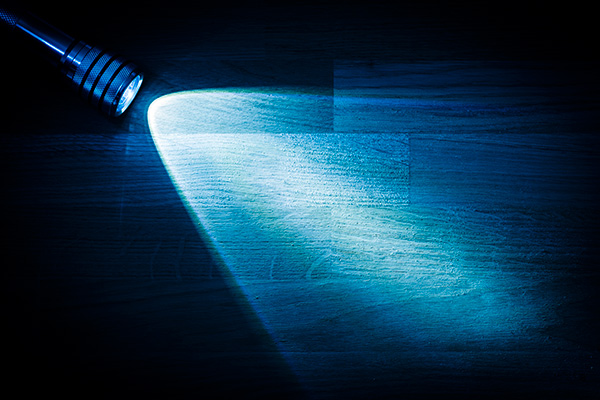

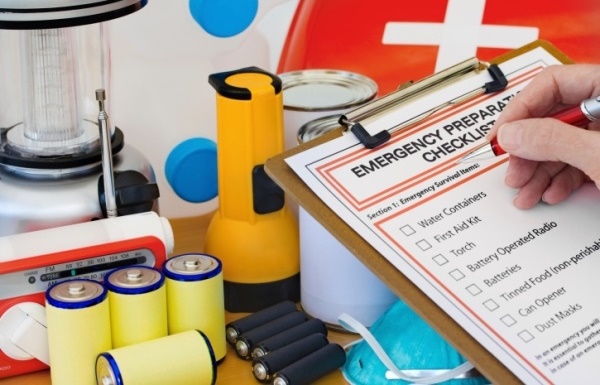
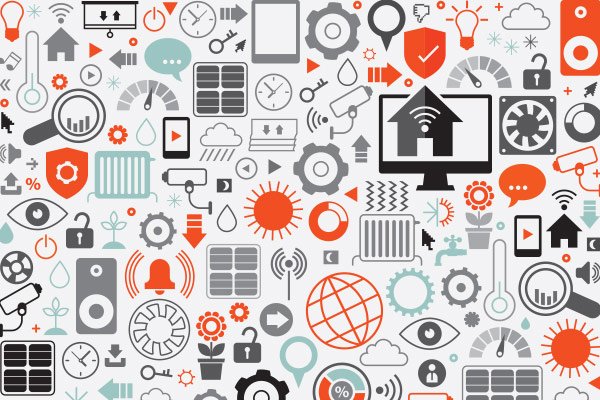
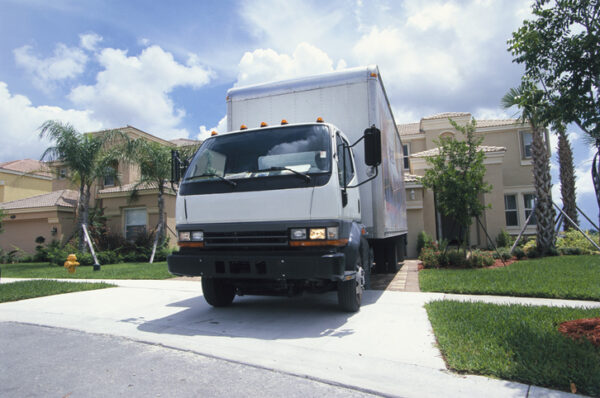
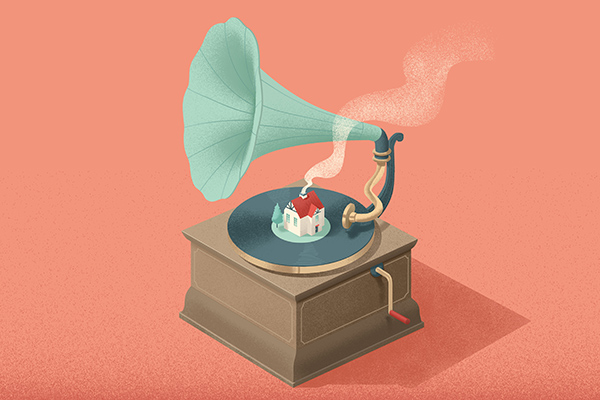
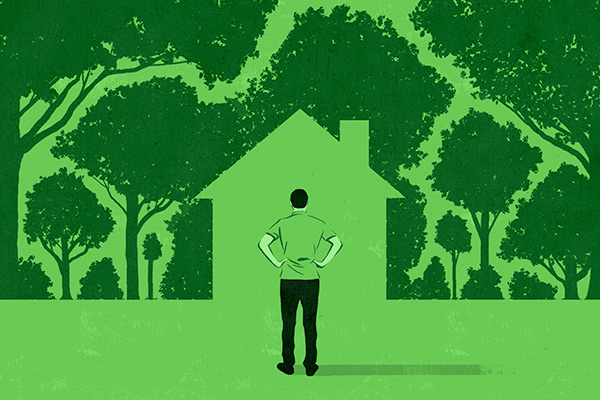
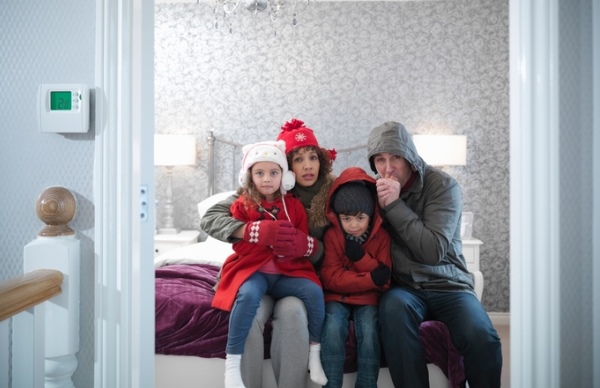
Leave a comment